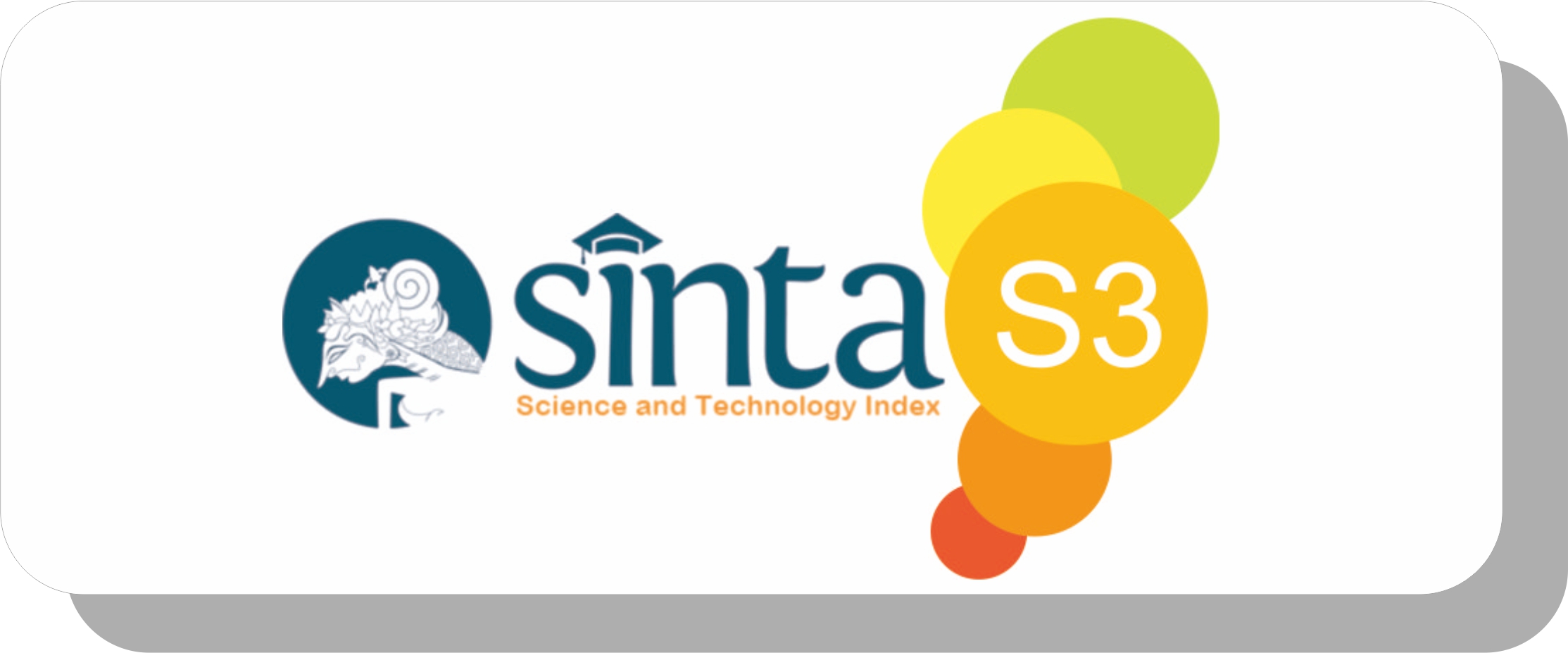Penguatan Pembangunan Ekonomi Berkelanjutan melalui UMKM dan Koperasi dalam Masyarakat Pedesaan (Studi Kasus: Petani Madu Hutan di Taman Nasional Ujung Kulon)
DOI:
https://doi.org/10.22219/sospol.v3i2.5060Abstract
Abstract
The poverty in rural areas still remains the big problems for Indonesia nowadays. One of program can be encouraged in rural areas is the empowerment of local community in many sectors. Hence, this research aims to analyze the community empowerment in sustainable rural economic development by providing the case study honey bee farmer called Kelompok Tani Madu Hutan Ujung Kulon (KTMHUK) in Ujung Kulon National Park. The importance of this research due to the concept offered by this group can be implemented as role model in strengthening the economic development in Ujung Kulon National Park by keep undertaking the conservation activities and sustainability concept by reinforcing the village institution in group level through cooperation (economic enterprise) and creating the small and medium enterprises organized by rural community. This research is a qualitative research using the literatures to analyze the specific case. Furthermore, in analyzing this case, the author specifically uses the theory of sustainable economic development from Michael Porter and Claas van der Linde who explain that there are win-win opportunities in economic and environment by the improvement to reduce the environment harassment in production process. The result shows that the community empowerment in rural areas, particularly for KTMHUK group in UKNP can become the successful business by cooperating with some stakeholders consist of local farmer, government, UKNP officers, companies, and NGO. Keywords: Cooperation, Economic Development, Rural Community, Sustainability, Ujung Kulon National Park
Abstrak
Kemiskinan di wilayah pedesaan masih menyisakan banyak masalah untuk Indonesia hari ini. Salah satu upaya yang bisa didorong adalah penguatan masyarakat desa dalam berbagai sektor. Oleh karena itu, penelitian ini bertujuan untuk menganalisis penguatan masyarakat dalam pembangunan ekonomi berkelanjutan melalui studi kasus petani madu hutan yakni Kelompok Tani Madu Hutan Ujung Kulon (KTMHUK) di Taman Nasional Ujung Kulon. Pentingnya penelitian ini didasarkan pada konsep yang ditawarkan oleh kelompok ini yang bisa diimplementasikan sebagai model dalam meningkatkan pembangunan ekonomi di Ujung Kulon dengan tetap mengedepankan upaya konservasi dan keberlanjutan melalui penguatan lembaga desa melalui koperasi dan mendirikan UMKM yang diorganisir oleh masyarakat lokal. Penelitian ini adalah penelitian kualitatif dengan menganalisis berbagai literatur terkait dengan isu yang dibahas. Dengan demikian, dalam menganalisis kasus ini, penulis secara spesifik menggunakan teori pembangunan ekonomi berkelanjutan dari Michael Porter dan Claas van der Linde yang menjelaskan bahwa ada win-win opportunities dalam ekonomi dan lingkungan melalui upaya untuk mengurangi kerusakan lingkungan dalam proses produksi. Hasil penelitian menunjukkan bahwa penguatan masyarakat di pedesaan, khususnya oleh kelompok KTMHUK di TNUK mampu menjadi usaha yang sukses melalui kerjasama berbagai stakeholder, seperti petani, pemerintah, BTNUK, perusahaan, dan NGO.
Kata Kunci: Keberlanjutan, Masyarakat Desa, Pembangunan Ekonomi, Taman Nasional Ujung Kulon
Downloads
Downloads
Published
How to Cite
Issue
Section
License
Authors who publish with this journal agree to the following terms:
- Authors retain copyright and grant the journal right of first publication with the work simultaneously licensed under a Creative Commons Attribution-ShareAlike 4.0 International License that allows others to share the work with an acknowledgement of the work's authorship and initial publication in this journal.
- Authors are able to enter into separate, additional contractual arrangements for the non-exclusive distribution of the journal's published version of the work (e.g., post it to an institutional repository or publish it in a book), with an acknowledgement of its initial publication in this journal.
- Authors are permitted and encouraged to post their work online (e.g., in institutional repositories or on their website) prior to and during the submission process, as it can lead to productive exchanges, as well as earlier and greater citation of published work (See The Effect of Open Access).

This work is licensed under a Creative Commons Attribution-ShareAlike 4.0 International License.



















